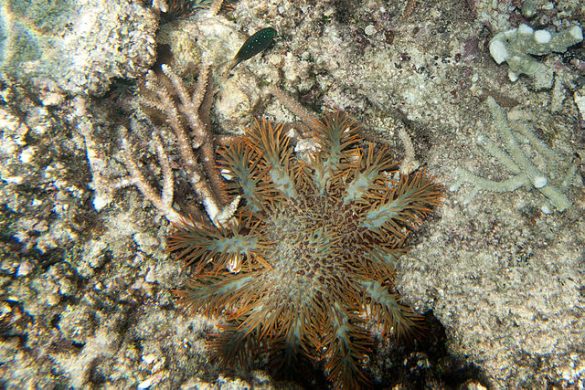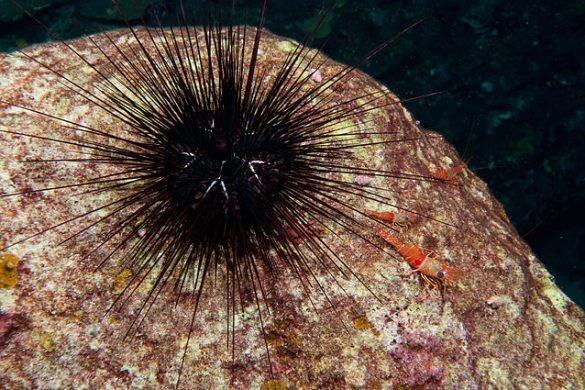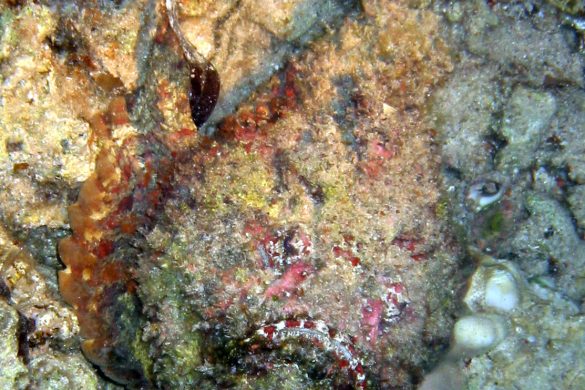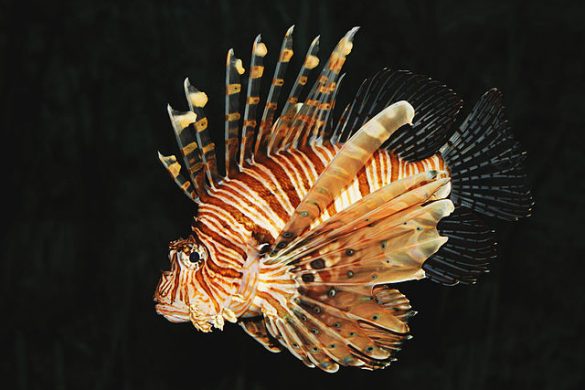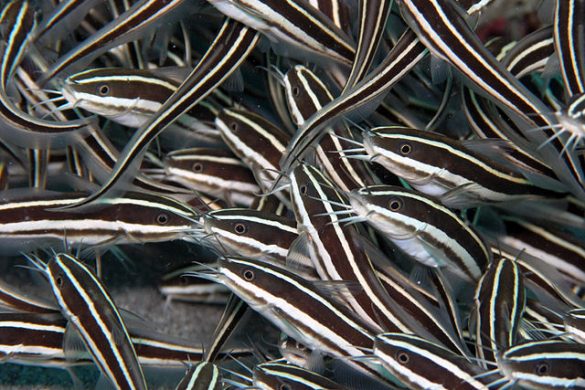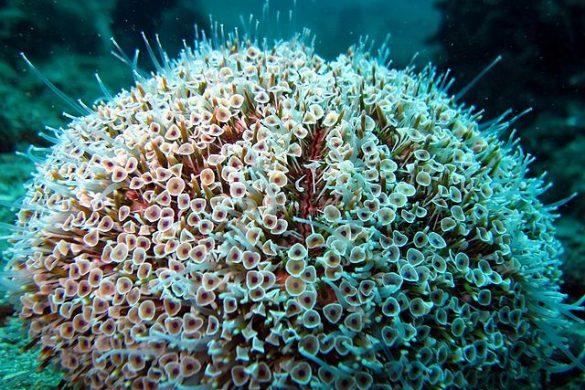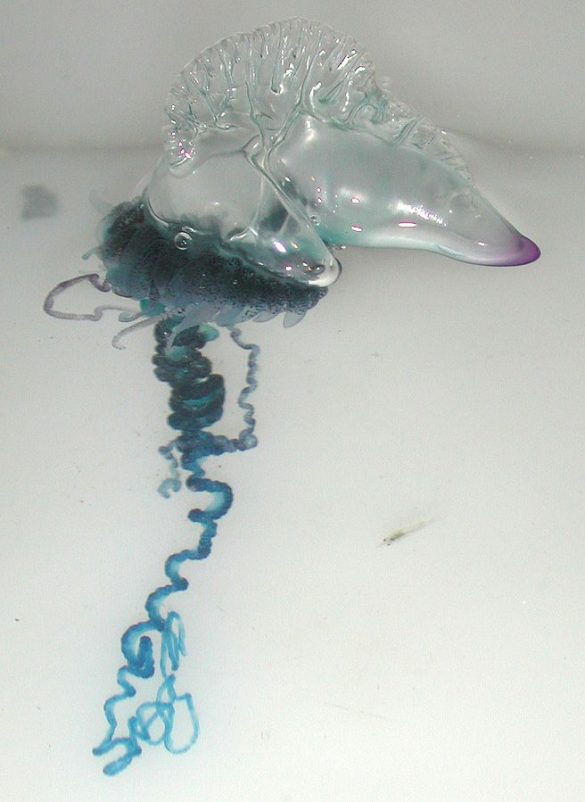[:en]
Japan is a very safe country to travel. The Japanese people would like to prevent insecurity and choose safe situations first. That makes travelling through Japan enjoyable. We made a list of possible hazards on the beaches and inside the ocean. Don’t worry, this list is mainly to make you conscious and to prevent unnecessary situations.
EMERGENCY NUMBERS
Local police: 110
Ambulance: 119
Maritime accidents: 118
Check The Japan Meteorological Agency for up to date information on nature alerts.
OCEAN & BEACHES
- The ocean in the Yaeyama islands is stunning, but be aware of hazards. There can be dangerous currents, jelly fish, man-o-war and other harmful creatures out there. They won’t hurt you if you avoid touching or provoking them unnecessarily.
- Only swim if you learned to swim. If not, wear a life vest and swim with professional guides.
- Avoid swimming alone and when the ocean is rough. Take a break on time.
- If you’re snorkelling for the first time, learn from an expert/instructor and practice in shallow water first.
- Not all beaches are protected by safety nets and beach guards. If you choose to swim here, consequently you do so at your own risk. Unfortunately every year the ocean still claims peoples lives. So please be careful.
- Check the weather and tides.
- Don’t go in the water if you’re not in a good condition. Don’t drink alcohol.
- Don’t go behind the reefs as the currents can be strong. There are places with strong currents that can bring people out into open sea. For example the ocean at Yonehara beach.
- Avoid touching anything in the ocean unless you know exactly what it is.
- Use sunscreen and drink enough water.
- It depends on the season and the location, but because of winds and currents, a lot of waste material can be found from other places around Japan. Waste and tropical beaches just don’t go together. It’s a large worldwide problem, and we should take care of it together. So please take your garbage with you when leaving the beach. Keep the beach and water clean.
Read here, which beaches have safety nets and beach guards.
What to do if you’re carried out to sea by a strong current?
- Don’t panic, try to stay calm
- Don’t swim against the current, you’ll get easily tired, but try to swim parallel to the shore across the current
- Signal for help
- If you can’t get out, the best thing to do is to go with the flow and as soon as the current stops, return from there
- When you feel, you’re out of the current try to reach the nearest land
UV
The ultraviolet rays in the Yaeyama islands are stronger than in other parts of the world. To avoid damaging your health, take precautions against it:
- Use sunscreen and wear sunglasses
- Drink frequently
- Wear a hat, stay in the shade and avoid the sun at the highest point of the day
DANGEROUS CREATURES & FIRST AID
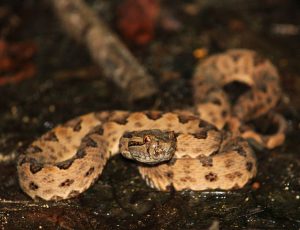
Habu – Wikipedia (Koolah)
Habu:
Check if it was a habu bite. Within 5 minutes, the bitten area swells and becomes very painful. Don’t run, because the poison circulates faster. You have to go to hospital immediately to receive a serum. If you have to walk, go slowly.
Suck the blood and poison out from the wound. The poison breaks down in the stomach.
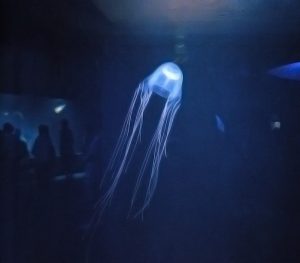
Box jellyfish – Wikipedia
Box jellyfish:
If you’re stung, get out of the ocean right away. Do not rub the affected area. Pour plenty of vinegar on the affected area (only effective for box jellyfish). Gently remove the tentacles by hand. If it hurts, apply ice or cold water.
First aid Crown of thorns starfish, Sea urchin, Stonefish, Lionfish, Striped catfish eel, Flower urchin:
Remove any large, visible spines and bathe in 40 to 45°C water. You can also pour hot water in a plastic bag and apply it to the affected area. Be careful not to burn yourself.
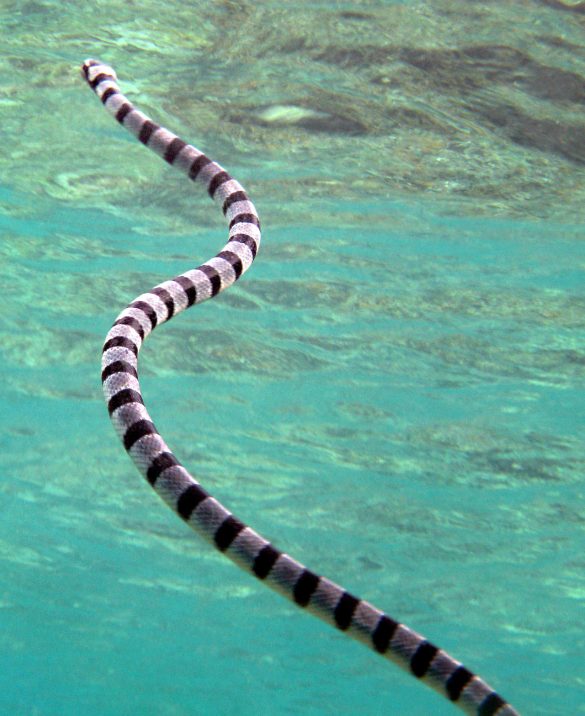
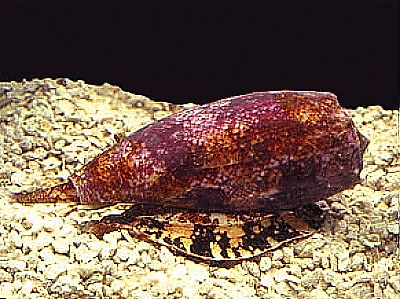
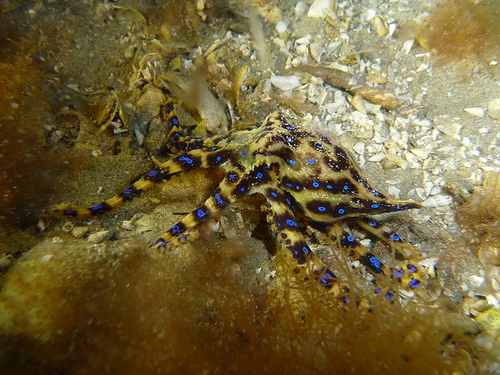
First aid Blue banded sea snake, Geography cone, Blue ringed octopus:
Squeeze out the poison and rush the victim to the hospital.
First aid Portugese Man O’ War:
Wash off the tentacles with seawater and apply ice or cold water.
For the full text on safety in the Yaeyama islands, read here.
This page was written with the help of government information. Stay safe.[:nl]
Japan is een zeer veilig land om in te reizen. Japanners willen graag voorkomen, dat er onveilige situaties ontstaan en verkiezen zoveel mogelijk de veiligheid boven onveiligheid. Dat is prettig voor reizigers. Wij hebben een lijst opgesteld met mogelijke gevaren op de stranden en in de oceaan rondom de Yaeyama eilanden. Je hoeft je zeker geen zorgen te maken, het is vooral goed om er bewust van te zijn en het is met name bedoeld om onnodige situaties te voorkomen.
NOOD NUMMERS
Politie: 110
Ambulance: 119
Maritieme ongevallen: 118
Check The Japan Meteorological Agency voor actuele info over weerwaarschuwingen.
ZEE & STRANDEN
- De oceaan rondom de Yaeyama eilanden is schitterend en meest van de tijd is het er heerlijk vertoeven, maar wees je bewust van de gevaren. Er kunnen sterke stromingen, kwallen, man-o-war en andere schadelijke schepsels voorkomen. Ze zullen je niet verwonden als je ze niet aanraakt of onnodig uitdaagt.
- Zwem alleen als je hebt leren zwemmen. Draag een zwemvest en zwem met professionele gidsen, als je niet geleerd hebt te zwemmen.
- Ga niet alleen zwemmen en vermijd zwemmen ook als de oceaan wild is. Neem op tijd pauze.
- Als je voor het eerst gaat snorkelen, leer van een expert/instructeur en oefen eerst in ondiep water.
- Niet alle stranden worden beschermd door veiligheidsnetten en strandwachten. Als je ervoor kiest om hier te gaan zwemmen, doe je dat uiteraard op eigen risico. Helaas neemt de oceaan nog steeds elk jaar levens. Dus wees voorzichtig.
- Check het weer en de getijden.
- Ga niet het water in als je niet in goede conditie verkeerd. Drink geen alcohol.
- Ga niet voorbij het rif omdat de stromingen sterk kunnen zijn. Er zijn plaatsen waar de sterke stroming mensen naar open zee brengt. Dat is bijvoorbeeld bij het populaire Yonehara strand.
- Vermijd het aanraken van iets in zee, tenzij je zeker weet wat het is.
- Het hangt af van het seizoen en de locatie, maar vanwege de wind en stroming, kan er veel afval aanspoelen overal op de stranden. Afval en tropische stranden gaat niet samen. Het is een groot wereldwijd probleem en we zouden er samen voor moeten zorgen dat dit probleem oplost. Dus neem alsjeblieft je afval mee als je van het strand weggaat. Houd het strand en onze zee schoon.
Lees hier, welke stranden veiligheidsnetten hebben.
Wat doe je als je in sterke stroming terecht komt?
- Raak niet in paniek, probeer kalm te blijven
- Zwem niet tegen de stroming in, dan raak je snel uitgeput, probeer parallel aan de kust te zwemmen
- Roep en zwaai om hulp
- Als je er niet uitkomt, is het beste dat je dan kunt doen om mee te gaan met de stroming en zodra de stroming stopt kun je van daaruit terug gaan
- Als je voelt dat je uit de stroming bent, probeer het dichtstbijzijnde land te bereiken
UV
De ultraviolette straling in de Yaeyama eilanden is sterker dan in andere delen van de wereld. Vermijd het schaden van je gezondheid en neem voorzorgsmaatregelen:
- Gebruik zonnebrand crème en draag een zonnebril
- Drink regelmatig
- Draag een hoed, blijf veel in de schaduw en vermijd de zon op haar hoogste punt
GEVAARLIJKE DIEREN & EERSTE HULP

Habu – Wikipedia (Koolah)
Habu:
Controleer of het een habu bijt geweest is. Binnen 5 minuten, zet de gebeten plek op en wordt zeer pijnlijk. Ren niet, omdat dan het gif gemakkelijker in je lichaam circuleert. Je moet direct naar het ziekenhuis om een serum te halen. Als je moet lopen, loop dan rustig.
Zuig het bloed en gif uit de wond. Het gif breekt af in de maag.

Box jellyfish – Wikipedia
Kubuskwallen:
Als je gebeten bent, ga dan direct uit zee. Wrijf niet op de plek. Giet op de plek azijn (heeft alleen effect op kubuskwallen). Verwijder voorzichtig de tentakels met de hand. Als het pijnlijk is, gebruik ijs of koud water.
Eerste hulp Crown of thorns starfish, Sea urchin, Stonefish, Lionfish, Striped catfish eel, Flower urchin:
Verwijder grote, zichtbare stekels en ga in een bad zitten van 40 to 45°C water. Je kunt ook heet water in een plastic zak op de plek houden. Pas op voor verbranding.



Eerste hulp Blue banded sea snake, Geography cone, Blue ringed octopus:
Knijp het gif uit en spoed naar het ziekenhuis.
Eerste hulp Portugese Man O’ War:
Was de tentakels van je lichaam af met zeewater en houd ijs of koud water op de plek.
Voor volledige pagina over veiligheid in de Yaeyama eilanden, lees hier.
Dit bericht is geschreven m.b.v overheidsinformatie.
[:]

